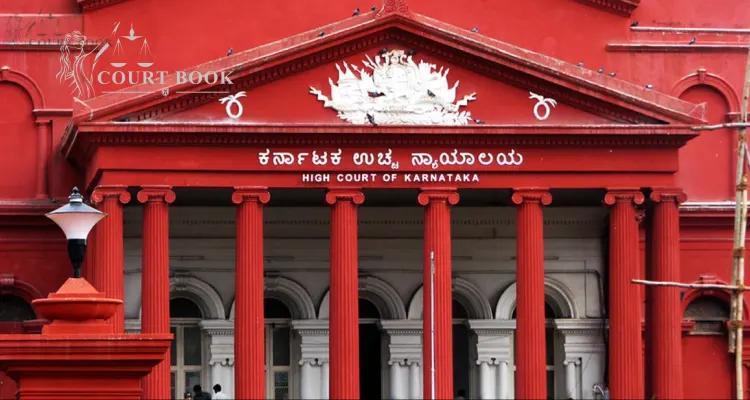The Karnataka State Waqf Board has clarified its stance before the Karnataka High Court, asserting that any authorized body—not just the Board itself—should be empowered to register Muslim marriages. This submission comes amid a legal vacuum, as no specific legislation currently governs the registration of marriages conducted under Islamic personal law.
During court proceedings, the Waqf Board emphasized its primary interest lies in ensuring Muslim marriages performed through traditional practices receive legal recognition. “We are not insisting the Board alone should issue certificates. Any authority can be authorized. The goal is to grant sanctity to marriages conducted under personal law, which currently lack legal backing,” stated the Board’s counsel.
Read Also:- Madras High Court Enforces Inclusive Policies and Medical Curriculum Reforms for LGBTQIA+ Community
The Board highlighted the absence of laws governing conventional Muslim marriage registration. However, it referenced the Karnataka Marriage Registration Miscellaneous Provisions Act, which allows the government to appoint multiple registrars for marriage documentation.
The Board argued that the state government holds the authority to issue orders permitting Waqf officers—government employees regulated by civil service rules—to certify marriages. “A Waqf officer, employed under the Board and governed by statutory rules, can be authorized under existing laws to handle registrations,” the counsel added.
Read Also:- Orissa HC Criticizes Special Court for Misclassifying Adult Accused as Juvenile in POCSO Case
The case stems from a Public Interest Litigation (PIL) filed by A Alam Pasha, contesting a August 30, 2023, government order issued by the Minority, Wakf, and Haj Department. The petitioner claims the order conflicts with the Wakf Act, 1995, rendering it ultra vires (beyond legal authority).
A division bench comprising Chief Justice NV Anjaria and Justice MI Arun granted time for the Board and government to submit additional replies. The government advocate also sought time to review the contested order, which was reportedly issued without prior notification. The court scheduled a final hearing for March 16, urging parties to complete pleadings promptly.
the Board:
“The interest is to ensure Muslim marriages under personal law gain sanctity. There’s no current law for this—any authorized body can fill this gap.
The March 16 hearing will determine the validity of the government order and potentially shape future legislation
Case title: A Alam Pasha AND State of Karnataka & Others














